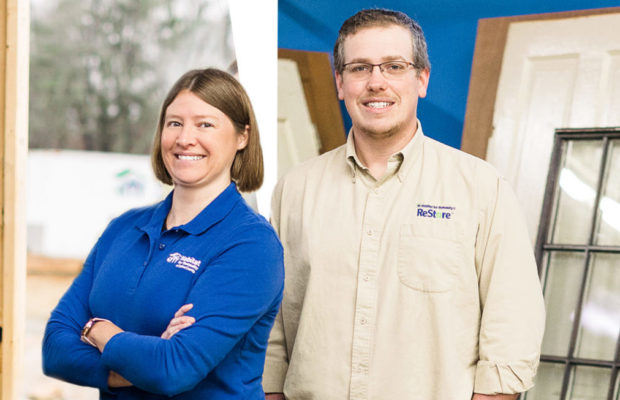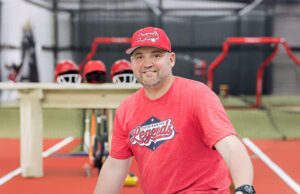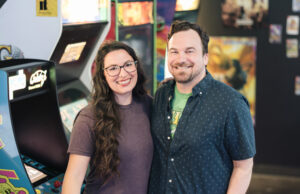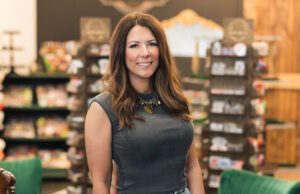Habitat for Humanity/Habitat ReStore

Perhaps no other two businesses go hand-in-hand like the homebuilding organization Habitat for Humanity and its corresponding Habitat ReStore. Both are dedicated to offering people things they might not have been able to afford on their own. It’s more than just ownership of things, however. Habitat for Humanity and the organization’s ReStore are about giving individuals and communities a sense of pride and the value of hard work.
“I love that Habitat is a ‘hand up, not a handout’ and that our partner families are just that,” says Stephanie Griffin, Executive Director of the Saline County affiliate. “They’re partners with Habitat in the construction of their home. They must complete sweat equity hours and pay a down payment on their home and then they make affordable mortgage payments back to Habitat until their home is paid off. Talk about financial stability.”
The Saline County affiliate just celebrated its 20th anniversary last year. Habitat is here to offer the opportunity of homeownership to those who likely otherwise could not afford it. It also provides opportunities for those in the community to help by volunteering their time, money and talents. “With each new home that’s built, that’s another taxpaying citizen investing in their community and, hopefully, the pride of homeownership reflects in the way the home is cared for and it improves the neighborhood around it.”
Stephanie has been with Habitat for Humanity going on 15 years. This is her fifth year with the Saline County affiliate. She previously served with Habitat in Pulaski County, working on the ReStore side. She lived in Benton during her tenure at the Pulaski County affiliate, so when the Executive Director position came open for the Saline County Habitat, she says she was excited about the possibility of working close to home. She also was excited to make the move from the ReStore side of things to the office “because you get to see the big picture of how everything fits together.”
As Executive Director, Stephanie ensures the organization operates effectively, both morally and financially. On a typical day, her job entails a balance of office work, networking and a bit of supervising thrown in as well. Tuesdays are her favorite day at work, she says, because that is when the organization’s regular volunteer crew is out on the job site working. “We could not do what we do without our volunteers,” she says. “They, no doubt, are our lifeblood.”
The ReStore is a place to shop, volunteer, donate, “or all of the above,” Stephanie points out. People can donate gently used items, from furniture and appliances to clothing and fixtures, which ReStore then sells to the public at discounted prices. All proceeds help fund the construction of new homes for deserving Saline County residents.
In 2002, Regions Bank donated the space where the Benton ReStore occupies on South Market Street. Just a year later, the ReStore already was the main source of revenue for Habitat, and it continues to be the affiliate’s first source of fundraising to this day, Stephanie says.
When residents of the community remodel their homes or just simply do some spring-cleaning, they can turn around and donate items to the ReStore. “Then, once those items are sold to someone who otherwise may not be able to afford a new stove or couch, that money collected helps to fund the construction of a new home for someone who otherwise would not have the opportunity to afford to purchase a home of their own.”
Habitat provides the groundwork and foundation of what can directly affect generations to come, but it’s up to the homeowners to make wise use of their investment, Stephanie says. They must choose to make the most of the opportunity of a zero percent interest loan. “Another really cool thing about Habitat that not many people know is the ‘Fund for Humanity’ which is the way homeowner payments get ‘recycled’ to help fund construction of future Habitat homes,” Stephanie says.
Having worked on the ReStore side for 10 years, Stephanie has countless stories of how the thrift store helped make a positive impact on so many families. “Stories like parents who could finally afford a bed for their kids or those who purchased their own washer and dryer so they didn’t have to take their kids to the Laundromat anymore.”
In addition, she says, the neatest part about the whole Habitat experience is that volunteers and staff “get to be on the frontlines watching those seeds be planted, watered, and even blossom to better our community.”









0 comments